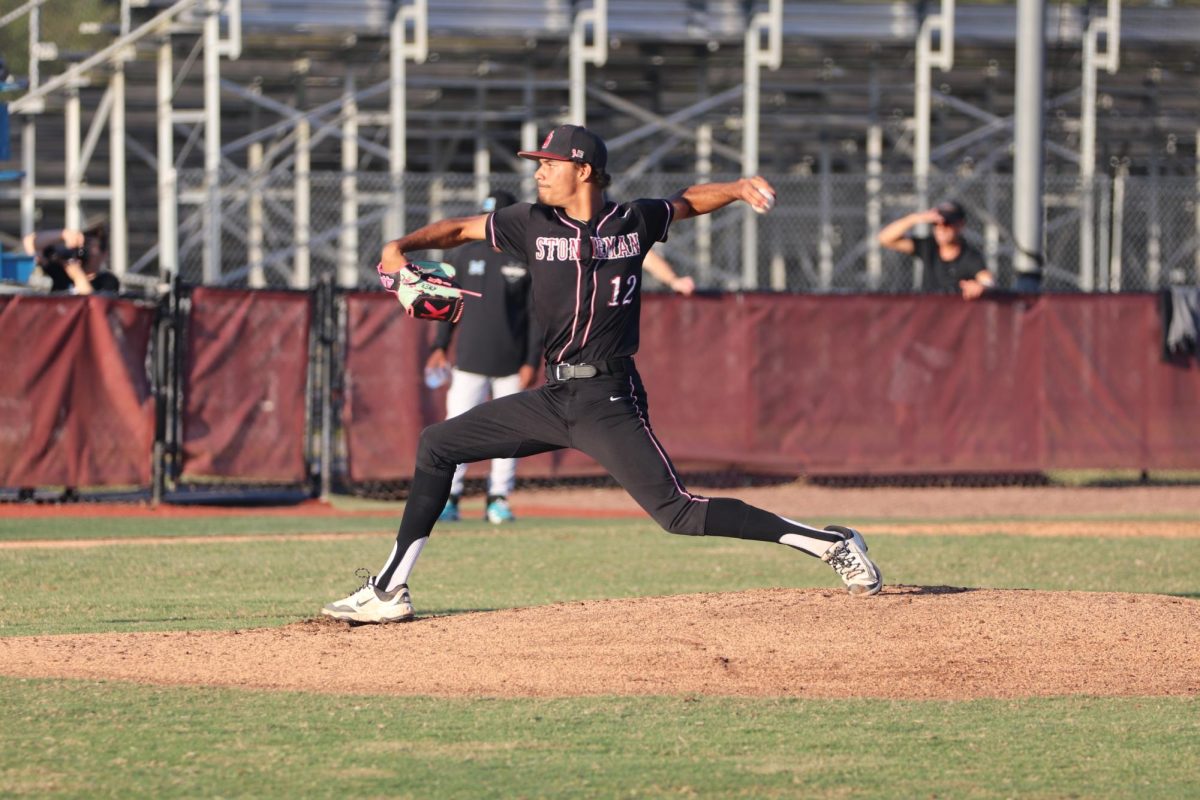[Opinion] AP classes are over-hyped and over-exaggerated in importance
Photo illustartion of Sophomore Darryn Pomerantz-Duffy struggling with stress and anxiety from taking AP Computer Science.
March 10, 2022
Students are constantly attempting to outdo themselves and their classmates. One way in which they do this is by taking numerous Advanced Placement (AP)courses during their high school years. AP classes are college level courses that allow students to deeply learn and engage in a course through a manner that regular and honors classes do not. AP classes also provide students with a GPA boost, allowing them to rank higher than their peers. Although AP classes have benefits, they are not necessarily worth the stress and other side effects they bring on.
AP classes, along with their higher status, also bring heavier coursework in and out of class. Being a college level course, AP classes require more from students than a regular class would, including deep critical analysis of information.
AP classes usually assign a minimum of one hour of homework each night, and depending on the amount of other AP classes students are in, the time will increase.
Nowadays, more and more students are stuffing their curriculum with AP classes, attempting to stand out from other students for colleges, however, they just end up becoming overwhelmed. Attempting to overload on AP courses tends to overwork students, as some students take at least three AP courses a school year.
In 2018, more than 1.24 million students that graduated from American high schools took a total of 4.22 million AP exams. These numbers are increasing, with a 65% increase from 2008.
However, along with increased participation in these AP courses, there are negatives students fail to recognize blinded by the prestige of taking these courses.
AP courses are costly, as students must either pay out of pocket for their exams or the exams are paid for by their school. Most exams cost roughly $96 each, and the AP Seminar and AP Research exams cost $144. AP exams for international students cost $126 each, and tend to be the liability of the student.
Certain students, that are from low family income or meet other criteria, can waive off a hefty part of the exam fee.
AP classes also add to the stress high school students face. Students can feel pressured by their peers to take AP classes, while students in honors classes feel inferior academically by not participating in AP classes.
AP classes are not suited for all students, and students should not feel pressured into taking AP courses if they choose to focus their time and hard work into extracurriculars, careers and opportunities.
AP classes are not geared towards every student and students should not feel pressured into taking a course simply for the prestige. There are many alternatives for students wanting to expand their knowledge but not through the difficulty and harshness of these courses.
Students could either take dual enrollment courses at their local universities for the same college course credit or online courses during the summer.
Other students also can struggle with the severity of AP courses and would benefit from taking regular or honors classes where they are guaranteed better grades.
Overall, although AP classes are beneficial and can benefit many students, there are other alternatives for students that don’t involve AP.













